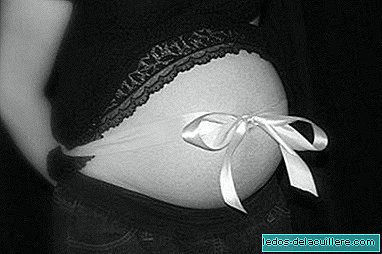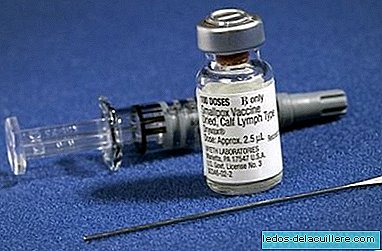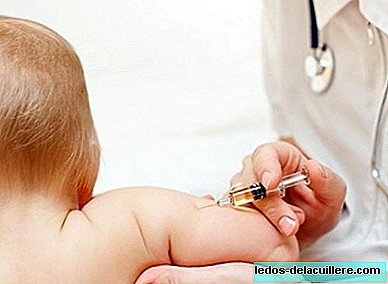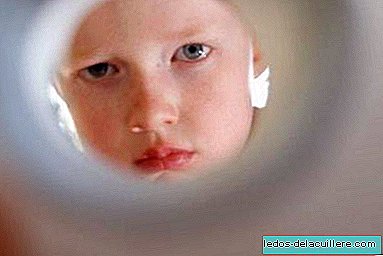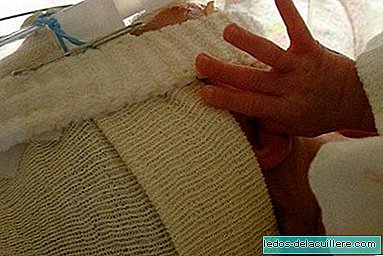
Premature or preterm newborn is considered to anyone born before 37 weeks of gestation, a situation that occurs in approximately 10% of births, according to different environments. Vaccination in the premature baby It is performed differently than conventional in full-term babies.
The premature baby is shown in the first months of life very vulnerable to infections, due to the immaturity of his immune system, among other reasons. Some of these infections are preventable by vaccines: Haemophilus influenzae type b (Hib), Streptococcus pneumoniae, Bordetella pertussis and rotavirus.
Although some clinical situations may condition a diminished response to vaccine antigens, specialists point out that when completing the first vaccinations almost all premature children reach protective concentrations of antibodies against the various vaccine antigens, getting sufficient immunity to prevent disease.
In the long term, protection is similar to that of full-term babies and after two years they have already developed immune memory.
Premature babies are vaccinated to a lesser extent.
However, it is common for premature newborns to have vaccination rates that are significantly lower than expected, and pediatricians and neonatologists are involved in this. If deviations from the immunization schedule occur in the first six months of life, we are talking about the time when babies are most vulnerable.
The vaccine portal of the Spanish Association of Pediatrics has just published a text that summarizes this issue, focusing on how, when and why vaccinate the premature baby, and with other interesting topics such as vaccine safety in these babies.
It refers to recent reports in different countries that indicate that In premature newborns, vaccination rates remain lower than in those born at term and above all that the indication of vaccines occurs too late and in most cases due to fear or ignorance about their safety in these children.
About vaccine safety in premature babies, the authors of the AEP document point out that
In the various controlled studies, the different vaccines have been shown to be safe, although with a notable difference in the occurrence of serious adverse events, but always attributable to prematurity and not to vaccines.
We recommend you read this document in full, which also refers to the post-vaccination adverse effects in premature infants, and we extract the main points summarized by the authors.

When and how to vaccinate the premature baby
The premature baby should be vaccinated according to their chronological age, regardless of their gestational age and weight. Except in exceptional situations, the vaccination age should not be delayed.
The immunological response to vaccines in premature infants is similar to that obtained in term infants for DTPa, poliovirus 1 and 2, pneumococcus and meningococcus, but lower for hepatitis B, Hib and polio 3.
The safety and vaccine reactogenicity in RNP is similar to that of RNT.
Premature infants who remain admitted at the time of vaccination should have the greatest possible stability and be free of adverse cardiorespiratory events, particularly apnea.
Vaccination against hepatitis B will be done according to the mother's serological status and following the established guidelines.
Rotavirus vaccines they are effective, safe and immunogenic in this population, although they should not be administered while the child is admitted.
All RNP should receive the flu vaccine from six months, especially those under 32 weeks of gestational age or with chronic pathology (DBP, neurological, malnutrition ...).
It is important to promote the "nest strategy", vaccinating the cohabiting and caretakers of all RNP.
Combined vaccines are the most suitable for this population. Hexavalent vaccines have been shown safe and immunogenic, facilitating compliance with the vaccination schedule.
Definitely, vaccination of premature baby It is recommended and is safe, although the characteristics of the baby, his state of health and other variables have to be taken into account so that the immunization is effective, safe and properly administered.


